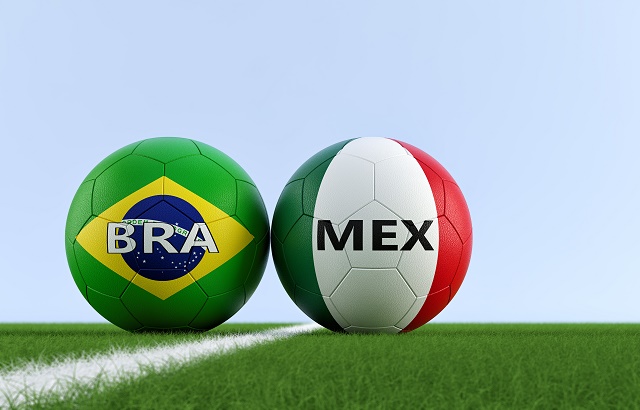One recurrent issue for Latin American economies has been high inflation and interest rates.
In 2019, however, inflation looks set to remain subdued in the main economies in the region, typically in a 2-4% range. That is a rate which is more characteristic of western developed economies than those of Latin America.
But interest rates are still elevated in both Brazil and Mexico, meaning that real interest rates are high in those two economies.
This provides an interesting return opportunity.
Yet, the attractions and challenges in those two economies go far beyond any considerations of inflation and interest rates. No less than the future structure and functioning of the two economies is at stake under their new presidents.
Mexico
Historically, Mexico has been regarded as a better run economy than Brazil, embracing a western style of technocratic economic management as long ago as the 1980s.
More recently, however, the difficulties of combatting corruption and the excessive power of state organisations led to a desire for change.
The figurehead for that change is president Andrés Manuel López Obrador, or Amlo, as he is known.
So far, however, his populist agenda has proved disconcerting for financial markets. Most notably, in October he said he would cancel, on the back of a referendum, a $13bn (£10bn, €11.5bn) new airport in Mexico City, which was already one-third built.
Nevertheless, a new version of Nafta (the North American Free Trade Agreement) has been successfully negotiated with the US and Canada (and given a far less memorable name – the USMCA, US-Mexico Canada Agreement).
Amlo has a reputation for being frugal, able to bring discipline to public finances, although these are, certainly by the standards of the region, not badly run.
Policies of clamping down on corruption are, of course, highly commendable but quite how much can be achieved remains to be seen.
Brazil
The fractured nature of Brazil’s Congress, where the party of president Bolsonaro holds less than 10% of the seats, suggests that passing needed reforms may be difficult there as well.
The University of Chicago-trained economist Paulo Gueddes has been placed in charge of the economic reform programme, with changes to unusually generous state pensions high on his agenda. He is likely to maintain the freeze on public spending initiated by the previous government.
Reforms of the nature being planned in Brazil and Mexico can normally be expected to have some short-term adverse effect on economic growth.
In that context it is hard to judge which economy will prove most resilient, but we would expect Brazil to grow marginally faster than Mexico in 2019.
This article was written for International Adviser by Moz Afzal, chief investment officer of EFG Asset Management








